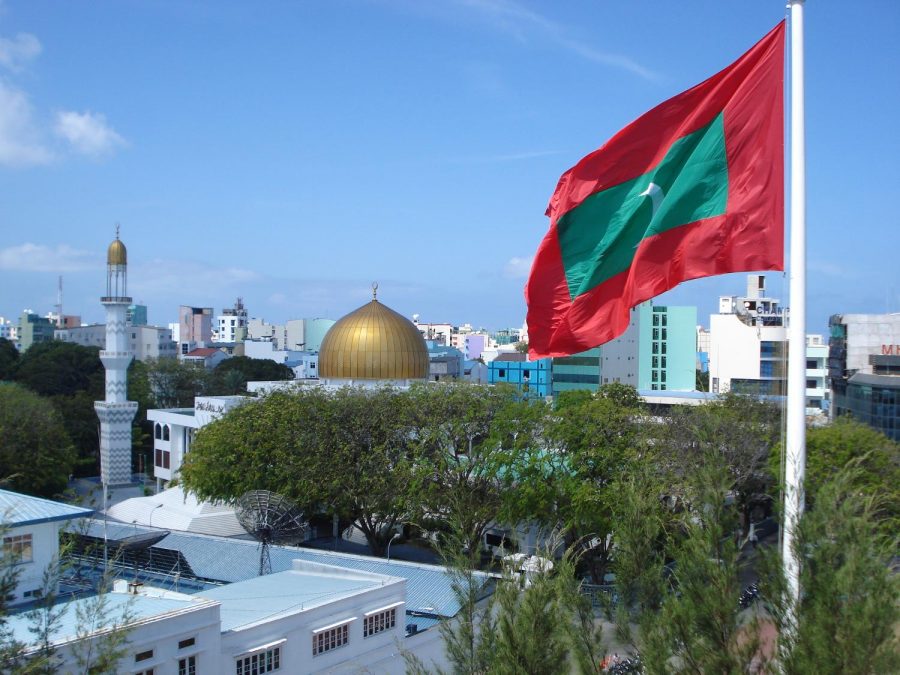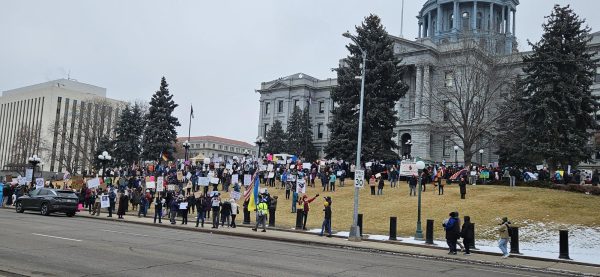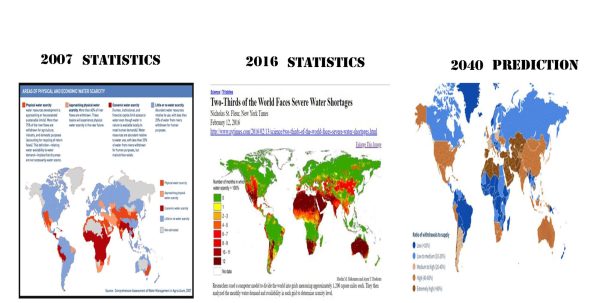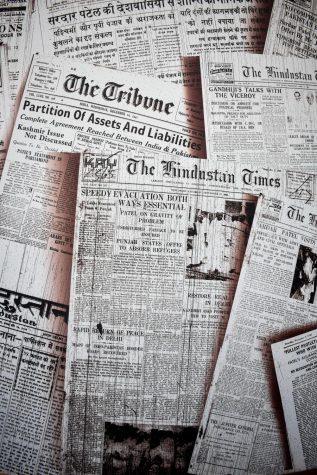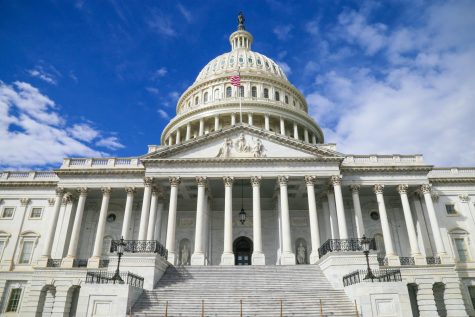Paradise in Crisis
The president of the Maldives has declared a state of emergency as he arrested opposition leaders, supreme court justices, and his half-brother, the former president.
The Maldives, a small island nation, elected Abdulla Yameen as the first democratically elected president in 2013. He has grown more authoritarian after a split in his political party, isolating himself from his allies and cracking down on peaceful protests.
The US State Department took rhetorical action as events unfolded, stating “The United States calls on President Yameen…[to] implement the Supreme Court’s ruling…” a mild condemnation of the actions taken by the Maldives President.
This event has avenues for escalation to a proxy conflict for the Indian-Chinese rivalry as the Chinese government uses its economic influence to change the status quo at the cost of India.
China has invested in infrastructure projects in the nation. The Maldives are now nearly $2 billion in debt to the Chinese Government. The high-interest payments are so large many former members of parliament think it is unpayable.
The interest payments will be larger than the national income of the Maldives. When the Maldives defaults on the loans, the Chinese government will directly take ownership of the land in lieu of payment.
This situation unfolds around 600 miles off the coast of India, where they will be watching the developments very carefully.
Firstpost, an Indian newspaper, ran an op-ed titled “Maldives crisis: India must consider military option to secure strategic interests, can’t afford Chinese vassal state in the backyard.” The writer argued that the turmoil of last week is blatant Chinese interference, and India must not be afraid to intervene militarily.
The Chinese state-run newspaper, The Global Times responded: “If India one-sidedly sends troops to the Maldives, China will take action to stop New Delhi.”
The message the Chinese are sending is a threat but with good reason. The article states that the Chinese government does not want India to take unilateral action in the Maldives.
This is reminiscent of the Doklam Standoff along the Chinese-Bhutan border last year. The dispute escalated while the Chinese and Indian governments built up thousands of troops in the small region in Bhutan.
The end of the Doklam crisis came with a cooperative de-escalation, saving face on both sides. Meanwhile, the Chinese continued the road project in Bhutan that sparked the conflict.
The Maldives crisis is not as easy to resolve as the Doklam crisis. The recent escalation of Chinese provocations against India has heightened their attention to the realities of China’s Checkbook Diplomacy.

Though it’s my first year at ACC, it’s my fourth year in college. I started at Xavier University in their engineering program. I have enjoyed politics since I was a kid and stayed up to watch the Colbert Report. I was involved...



